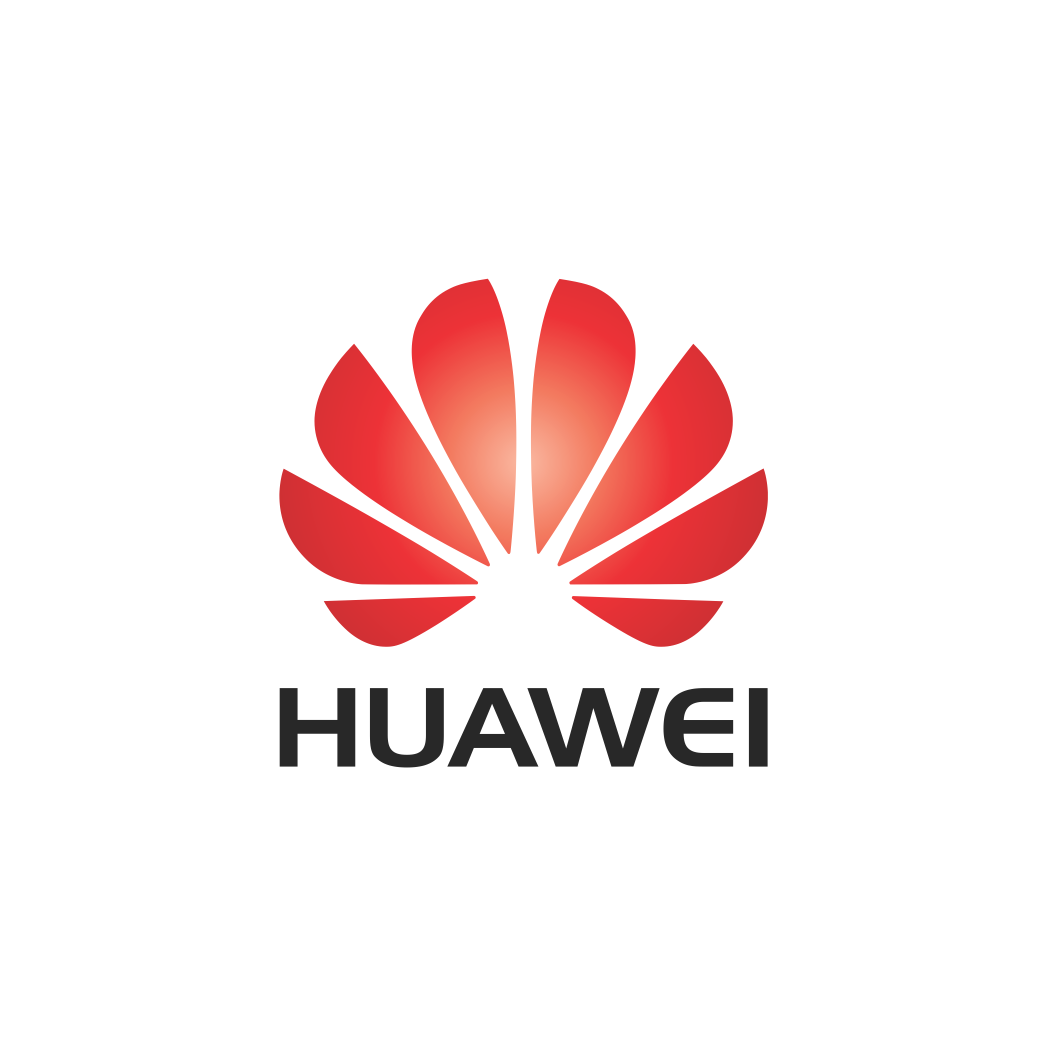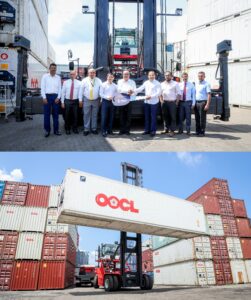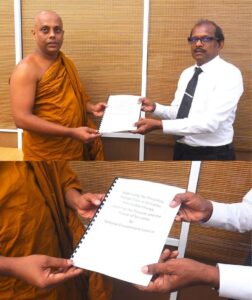New Huawei and Arthur D. Little report highlights that “one size does not fit all” when it comes to digital policies and national digital transformation”
3 min read
Huawei announced recently the release of a global digital economy policy study titled “Think digital. Think archetype. Your digital economy model.” The report provides a novel approach to digital transformation and provides detailed policy guidance applicable to all countries.
Huawei and Arthur D. Little have collaborated on this research report based on a shared conviction that improving digital infrastructure should be central to national ICT policy and that it will help power national economic recoveries and enhance resilience.
“Huawei operates in over 170 countries around the world and in most of those for many years. We deeply recognize that each country is unique as are the challenges faced by its government’s leaders. We hope that this report will provide a valuable contribution to policy discussions and that it will aid better decision-making and deeper private and public sector collaboration” said Catherine Chen, Corporate Senior Vice President and Director of the Board, Huawei Technologies Co., Ltd.
Accelerating the transition to a digital economy will also boost industrial growth and productivity, improve societal well-being and benefit consumers via cost and time savings. “Successful digital economies require a whole range of infrastructure and capabilities, but countries often have scarce resources and finite funds. Choosing and prioritizing focus areas is therefore key” said Rajesh Duneja, Partner at Arthur D. Little.
The report begins with the recognition and definition of country archetypes, designed to act as a reference model that countries can adapt based on their current situation. The identified seven digital economy archetypes are as follows: Innovation Hubs, Efficient Prosumers, Service Powerhouses, Global Factories, Business Hubs, ICT Patrons and ICT Novices. Each differ in their presence or
dominance in the ICT value-chain step.

7 country archetypes for ICT policies are defined – primarily on the dominant factor of ICT value creation and level of ICT consumption
Nations need to develop digital value creation paths that align with their most suitable archetypes, leveraging their inherent strengths, but anchored by their economic and technological realities.
“Identification of a country’s archetype helps tailor the recommendations for digital economy policies to ensure they are best aligned with its needs. We have also developed a tool to identify 200+ countries/regions’ archetypes as part of this study” said Kurt Baes, Partner at Arthur D. Little.
The importance of digital economy policies vary fundamentally between archetypes. Different combinations of policies should be considered for different archetypes. Policy makers need to formulate policies, laws and regulations across four interrelated policy dimensions – technology, capabilities, ecosystem and industry – as these are the driving forces underpinning national digital transformation.
This report outlines a strategic approach for developing digital economies for all countries based on their potential archetypes. It also recommends an overarching policy framework tailored towards each. It additionally provides examples of how countries have successfully transitioned across archetypes. In particular, it provides guidance for developing a digital strategy tailored to the country that reflects a whole-of-government approach to policy making in the digital age. A repository of best-practice digital economy policies from around the world based on proven efficacy, accompanies the research recommendations.
In Sri Lanka Huawei has been operating since 1998 and has extensive and in-depth cooperation with local mainstream telecom operators, governments, and industry customers. Over the years, Huawei has continuously promoted the development of the ICT talent ecosystem in Sri Lanka through activities such as the Huawei Seeds for the Future program that was launch in 2016, and providing internship for talented youth, and ICT Skills industrial training. Huawei recently launched digital inclusion initiative TECH4ALL in Sri Lanka, to expand the scope of digital inclusion beyond connectivity to include applications such as related to health which could be utilized during times of emergency.
Download the full report here

—End—


